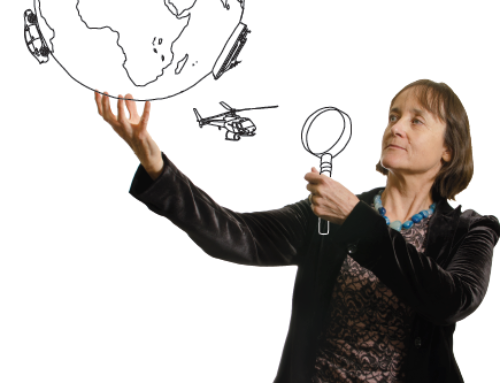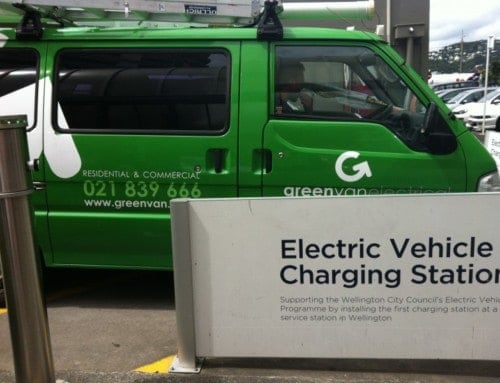I research energy policy stability in New Zealand. I’m nearing the end of my PhD and after being so highly focused on one small area, I wanted to use this blog to instead talk about what I see as the much larger context my research sits in. In this, I don’t think I’m saying anything particularly novel but want to bring together a variety of thoughts.
Energy policy stability in New Zealand is a very small component of a much larger challenge we face around energy and climate. However, I don’t see global climate change as being the sole problem of its type. We have a basket of wicked problems that are major global issues – yes energy and climate, but also water security, food security, biodiversity loss, issues of equity and equality, human development, as well as more traditional issues of conflict, aggression, and security, to mention only a few. These types of problems are difficult to deal with, have high stakes, and challenge us across a variety of scales both temporal and geographic.
However, in contrast to this basket of problems, academics and thinkers have developed understandings of how the world is now different to our previous conceptions. For what I’m discussing here I’ll mention two broad categories of understandings. First – those that mean the Earth is limited in vital ways, ideas and concepts such as the Limits to Growth, Planetary Boundaries, or the Full World. Second – we have understandings that humanity is now a non-negligible or indeed a significant driver in the world, that we do have an impact, the ideas of the Anthropocene. In simplest terms, these two taken together mean humanity is now large compared to the world that sustains us, therefore we should consider what we do carefully.
In politics we talk about a variety of factors that are perceived to constrain ability to act: capacity, newsworthiness, policy windows, fullness of agendas, political capital; other disciplines will have their own language and own factors considered to be constraints. I believe these ideas are the third group of understandings that are key to our new world view. It’s here that I’ll borrow from the fiction writer Kim Stanley Robinson, who uses the term Accelerando to frame growing change in society. In music, an accelerando is an increase in time, an accelerating tempo. In terms of constraints, governance, and decision making the Anthropocene is an Accelerando. As we learn more, as we face greater demographic pressure, as we identify new problems and issues, the tempo increases. The Accelerando to me represents the challenge of governance in the Anthropocene; we must concurrently deal with multiple problems, at multiple scales, at increasing pace and urgency.
The first two groups of understandings paint a view of the world itself and humanity’s role in it that’s different than what was entrenched previously. The third group of understandings mean in addition to this, as we realise it and perhaps attempt to do things differently, our traditional approaches to making decisions and governing are placed under stress. Current worldviews may appear to be giants; at times monolithic, possessing tremendous power and terrible inertia. Well we often hear the phrase ‘there’s no silver bullet’ in energy and climate. That is ok. It isn’t how you beat a giant anyway – instead you rope them down at every point you can with everything you can, like the Lilliputians and Gulliver. If we want our society to respond to the Anthropocene constructively, if we want to change business-as-usual from usual to present to past, I believe this is what we’ve got to do. Many groups, people, and trends already act in ways that further this – environmental civil society groups and political parties, calls for better evidence based policy making, a greater emphasis on science communication and academic engagement to mention only a few. In politics there are approaches from tweaking current systems to new styles of democracy and governance. To me, understanding pathways to action – politics, civil society, business – increases our capability to put meaningful ropes on the giant. This is why I research energy policy making. In society responding to the Anthropocene and changing from business-as-present, I do genuinely think some good things are happening. However, the Accelerando presses us, and we have to go faster, faster, faster.
Todd Croad
todd.croad@postgrad.otago.ac.nz
Todd has a background in Energy Management and Politics (BAppSc(Hons) and BA(Hons), University of Otago). He is a PhD Candidate at the University of Otago, supervised between the Centre for Sustainability and Department of Politics.
He is a recipient of the Todd Foundation Postgraduate Scholarship.





Leave A Comment